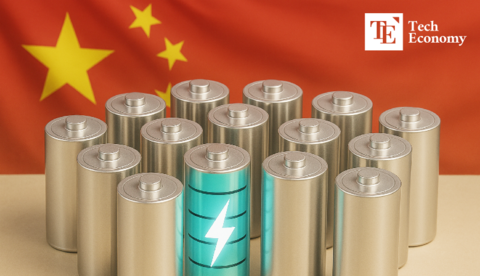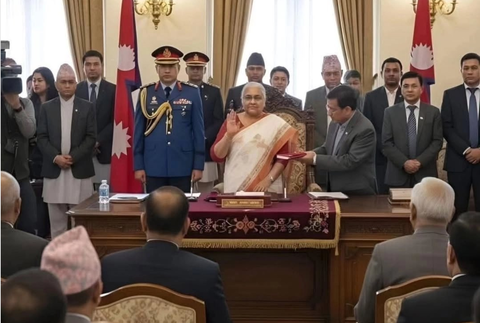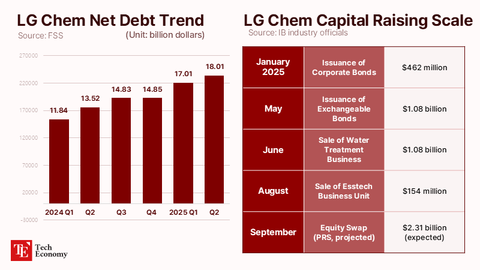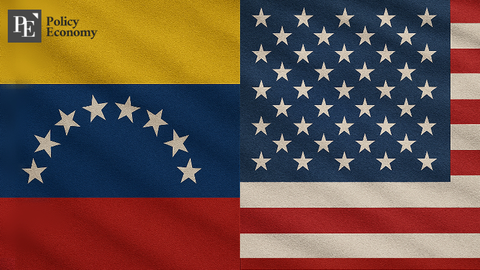China Strikes Back: U.S.-China Trade War Escalates with New Tariffs on American Farm Goods
Input
Modified
China’s Targeted Retaliation: Hitting U.S. Farmers Where It Hurts Xi Jinping’s Hardline Stance: A Trade War Fueled by National Pride The Global Fallout: Who Will Suffer More in This High-Stakes Economic Battle?

China’s Targeted Retaliation: Hitting U.S. Farmers Where It Hurts
The trade war between the United States and China has entered a new, more aggressive phase, with China imposing additional tariffs on a broad range of U.S. agricultural products. This new round of retaliatory tariffs is a clear indication that Beijing is stepping up its response to Washington's economic policies. As tensions between the two largest economies in the world escalate, the impact of this trade conflict is expected to reverberate throughout global markets, with consequences that will be felt not only in the U.S. and China but across the globe. While the trade war may be framed in terms of economics, at its core, it is a battle for geopolitical influence, national pride, and economic survival.
In the past few weeks, China has introduced tariffs on several critical U.S. agricultural products, including soybeans, corn, pork, and other crops essential to American farmers. This move represents the latest step in a continuing cycle of tit-for-tat measures between the two nations, each side targeting the other’s key industries. China’s decision to specifically target farm products is no coincidence. Agricultural exports have been one of the most significant sectors in U.S.-China trade, and hitting this area directly undermines an important foundation of the U.S. economy.
For the Chinese government, retaliatory tariffs are not simply about punishing the U.S. economy—they are also about asserting China’s economic strength and sovereignty. Chinese policymakers are keenly aware that by targeting U.S. agricultural exports, they are striking a blow against one of President Trump’s key voter constituencies: farmers. Farmers in the U.S., particularly in states that produce large quantities of crops like soybeans, have long relied on Chinese markets to sell their products. By imposing tariffs on these goods, China is making it clear that it will not accept what it views as unfair trade practices from the U.S. government.
Beyond the direct economic impact, China’s actions also serve a more symbolic purpose. By imposing tariffs on U.S. agricultural products, China is sending a message to Washington that it will not bow to external pressure. China’s leadership views trade disputes as a matter of national dignity and global standing. As China’s economy continues to rise, the country’s leaders are committed to ensuring that their nation remains a global power in its own right, free from the dominance of the United States.
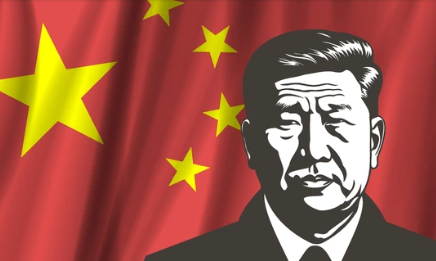
Xi Jinping’s Hardline Stance: A Trade War Fueled by National Pride
One of the most significant elements of the current trade war is the unwavering position taken by Chinese President Xi Jinping. While the Trump administration has expressed no intention of backing down, Xi’s refusal to yield to American pressure has made it clear that the two nations are locked in a protracted confrontation. For Xi, this is not just a trade dispute—it is a battle over China’s future economic trajectory and its place on the world stage.
In public statements, Xi has repeatedly emphasized that China will not allow itself to be bullied by the U.S. The Chinese leadership’s stance has become increasingly hardline in recent months, and it is apparent that Beijing has no intention of compromising. For China, the message is clear: it will continue to pursue its rise as an economic powerhouse, irrespective of Washington’s efforts to contain it.
At the same time, Xi’s government recognizes the risks involved in this battle. Both China and the U.S. are highly interdependent in terms of trade, and a prolonged trade war will inevitably cause harm to both sides. However, the Chinese leadership appears to be betting that it can outlast the U.S., with its vast domestic market and the ability to diversify trade relationships with other countries. Xi’s administration has also demonstrated a willingness to engage in diplomatic efforts with other nations, such as the European Union and emerging markets, in order to mitigate the impact of U.S. tariffs.
As the trade war heats up, China’s national pride is playing a significant role in the decision-making process. For many Chinese leaders, this conflict represents much more than just a dispute over tariffs—it is about the assertion of China’s sovereignty and its refusal to be subjugated by U.S. economic power. The Chinese Communist Party, which has maintained a firm grip on power for decades, views China’s rise as an inevitable consequence of its economic and political systems. Any move toward compromise in the face of U.S. demands would be seen as a sign of weakness, and that could have detrimental political consequences for the party’s leadership.
As such, China has opted for an ultra-hardline approach in its dealings with Washington. Public statements from Chinese officials have made it clear that China is prepared for "any type of war" in response to Trump’s tariffs. This rhetoric is not just about economic threats—it is a declaration that China is willing to endure economic hardship in order to protect its national interests. From Beijing’s perspective, the trade war with the U.S. is not just about short-term economic gains or losses—it is about the long-term future of the Chinese state.
In terms of specific strategy, China has been very calculated in how it targets U.S. exports. While the U.S. has imposed tariffs across a wide range of Chinese products, China has opted to focus its retaliation on specific industries that are politically significant, such as agriculture. This targeted approach ensures that China’s response is felt in the U.S. heartland, which is home to many of Trump’s most ardent supporters. This tactic not only applies pressure on U.S. farmers but also seeks to sway public opinion within the U.S., making the costs of the trade war more visible to the American public.
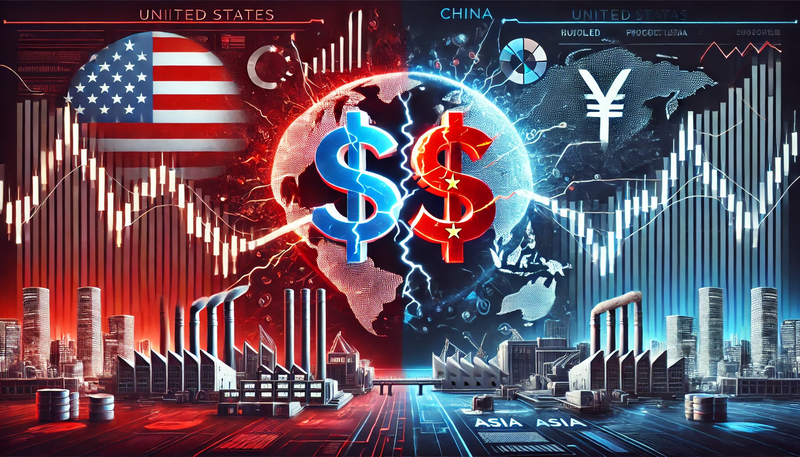
The Global Fallout: Who Will Suffer More in This High-Stakes Economic Battle?
As the U.S.-China trade war escalates, its impact is being felt far beyond the borders of these two countries. Global supply chains are being disrupted, and countries that rely on trade with both the U.S. and China are caught in the middle. The ripple effects of the trade conflict are reaching industries in Europe, Asia, and Africa, as companies around the world struggle to navigate the shifting trade landscape.
The agricultural sector is one area where the consequences of the trade war are particularly pronounced. U.S. farmers, especially those who export large quantities of crops to China, are seeing a significant decline in demand for their products. This is leading to lower prices for agricultural commodities and reduced profitability for farmers. In some cases, farmers are being forced to find new markets for their goods, but the loss of access to the Chinese market is a significant blow.
Meanwhile, China’s retaliatory tariffs have caused disruptions in the global agricultural market. While China has taken steps to diversify its sources of agricultural imports, it remains heavily dependent on U.S. agricultural products, particularly soybeans and pork. The impact of these tariffs is therefore not just confined to the U.S.—it is also felt by consumers in China, who may face higher prices for food products as a result of the trade restrictions.
The central question surrounding this trade war is which nation will ultimately bear the brunt of the pain. While the U.S. has a more diversified economy and a broader array of global trade partners, China has significant leverage due to its enormous domestic market and its strategic position as the world’s manufacturing hub. It is unclear which country will suffer more in the long term, but it is certain that both will experience significant economic fallout.
For the U.S., the agricultural sector is already feeling the strain, and if the trade war continues, the economic impact could spread to other industries. On the other hand, China’s dependence on U.S. imports means that it too is vulnerable to the tariffs imposed by the U.S. and the international disruptions caused by this trade war.
In the coming months and years, the U.S.-China trade conflict will continue to shape global trade policies, influence international alliances, and impact the global economy in profound ways. As both nations dig in their heels, the question remains: who will blink first?
While it is difficult to predict the outcome of this escalating trade war, what is clear is that both the U.S. and China are determined to assert their positions. For now, neither side appears willing to back down, and this conflict is likely to continue for the foreseeable future. The economic consequences will continue to mount, and the stakes are high—for both nations, and for the rest of the world

